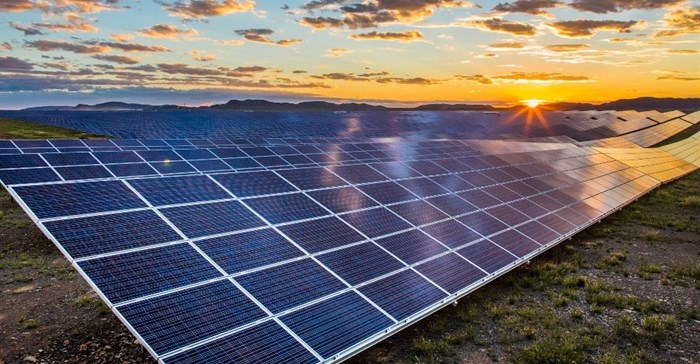
Top stories


HR & ManagementNational minimum wage 2026: What workers (and employers) need to know
Danelle Plaatjies and Ludwig Frahm-Arp 13 hours




More news





















It scored high for its depth of capital markets, even though a high inflation forecast brought down the overall score. The country has steadily increased its renewables capacity in the last years and has a relatively high presence of leading renewable energy business.
The survey examined the needs and investment climate for all G20 countries regarding renewable energy. Germany, UK and France maintain the top three positions in the 2017 edition. They combine a largely supportive policy environment for renewable energy with a mature market and adequate general investment environment.
China holds its place in this best-performers club, maintaining fourth position. With roaring renewable energy markets and a consistent policy push, China installed more solar photovoltaic than the rest of the G20 combined in 2016. India, South Africa, Brazil and Indonesia emerge as high-need hotspots owing to increasing demand for energy, sheer size and vulnerability of the existing power system to a changing climate.
“Emerging economies are increasingly taking on a leadership role and are credibly enhancing their renewable energy financing frameworks”, says Simone Ruiz-Vergote, managing director at Allianz Climate Solutions. “China, India and South Africa are keenly interested in improving their attractiveness for investors in renewable energy, and they clearly managed to do so in 2016. Their prospects are good if policy support and market capacities are maintained.”
South Africa has a national strategy to tackle climate change. However, the country needs to increase its ambition level and put together a plan to decarbonise the electricity sector. The current auctioning system available in the country is insufficient to create a level-playing field for renewables compared to the fossil-fuel electricity infrastructure.
Most G20 states improved conditions for investments in low-carbon energy over the past year, with several emerging market countries rapidly catching up to the leaders. The rapid development of the renewable energy sector is a crucial success factor for meeting the Paris climate goals. The G20 countries need to roughly double their annual investments in renewable energy to align their power infrastructure with the 2°C pathway, fixed at the Paris COP 21 in 2015.
Renewables are now attracting the bulk of new power investments of the G20 growing by approximately 25% annually over the last five years.
Continuously falling technology costs have supported this strong increase. In some countries renewables passed a tipping point, reaching cost-competitiveness with conventional energy sources. “Even with falling prices, a supportive policy environment for future growth of renewables is needed to provide reliable legislation for investors,” says Jan Burck from Germanwatch, co-author of the report.
The absolute investing needs in the G20 stand at about $700bn per year between 2014 and 2035. In 2015, the combined investments in all power generation, including fossil fuels, stood at $420bn globally. After higher initial investments in renewable energy technologies like wind and photovoltaics, the low-carbon transition can be achieved at neutral cost in the mid-term.
“With the first hurdle taken in cost competitiveness, governments now need to adjust their power systems and market design to cope with an increasing share of weather-dependent renewables,” adds Professor Dr Niklas Höhne, founding partner of the NewClimate Institute and co-author of the Monitor.